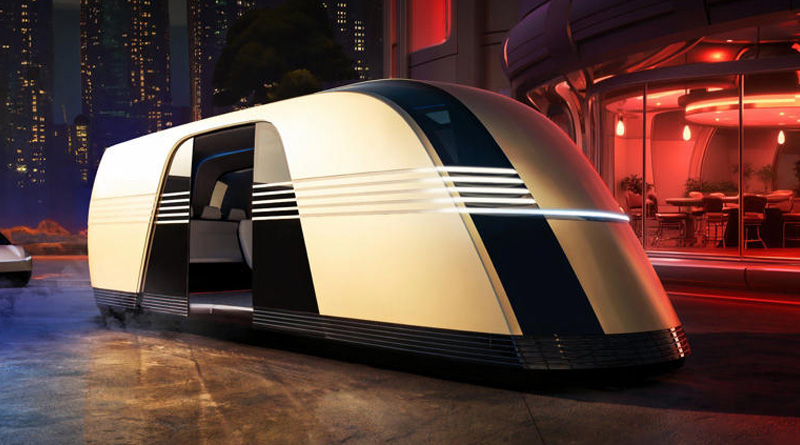Elon Musk Promises Tesla Cybercab in 2 to 3 Years—Again
- Elon Musk has unveiled Tesla’s latest innovation, the Cybercab, at a glitzy event held at Warner Bros. studio in Burbank, California. Touted as the future of autonomous transportation, Musk announced that this two-seater, steering-wheel-less vehicle is expected to hit the market in two to three years. However, many are left wondering if this timeline is just another instance of Musk’s optimistic projections.
What Is the Cybercab?
The Cybercab is designed to be an “individualized mass transit” solution, featuring no steering wheel or pedals and utilizing inductive charging technology—though specifics on this feature remain unclear. Musk showcased the vehicle by arriving at the event in one, signaling a grand presentation, yet the promise of a launch in 2026 has many skeptics raising eyebrows.
During the event, Musk also revealed that the Cybercab would be priced below $30,000, generating excitement among attendees. However, when questioned about the availability of these vehicles, he reiterated the familiar refrain: “two to three years.” While he expressed confidence that fully autonomous driving would be operational in Texas and California as soon as next year, he clarified that this would apply to existing Tesla models rather than the Cybercab itself.

Promising Features
The Cybercab aims to revolutionize personal transit with several key features:
- Autonomous Operation: Musk predicts that the Cybercab will be optimized for autonomous transport, allowing it to operate without human oversight.
- Safety: He asserts that autonomous vehicles will eventually be ten times safer than those driven by humans.
- Renting Opportunities: Owners may have the ability to rent out their Cybercabs when not in use, much like a driverless Uber.
Despite these ambitious claims, Musk did not address the regulatory hurdles that remain for autonomous vehicles, a crucial aspect of making this vision a reality.

Other Innovations
Alongside the Cybercab, Musk teased the introduction of a Robovan, designed to accommodate up to 20 passengers, though no timeline for its release was provided. Additionally, he showcased the Optimus robot, which he claims will perform everyday tasks such as lawn care and grocery shopping, although skepticism remains about whether these robots can be delivered at the projected price of $20,000 to $30,000.

A Familiar Narrative
Musk’s promises of groundbreaking autonomous technology have been met with skepticism over the years. His track record includes numerous declarations of imminent releases, such as the infamous “one million robotaxis by 2020.” These repeated forecasts often end in delays or modified expectations.
Critics have highlighted similar past projects, such as The Loop, which was supposed to revolutionize transportation in cities like Chicago but ended up as a slow-moving tunnel in Las Vegas, operated by human drivers in regular Teslas.

While the excitement around the Tesla Cybercab is palpable, the promise of its arrival in two to three years raises eyebrows, especially given Musk’s history of optimistic timelines. As Tesla navigates the complexities of autonomous vehicle technology and regulatory approval, only time will tell if the Cybercab will become a reality or remain another ambitious vision in Musk’s long history of promises. For now, the future of personal transit remains uncertain, but one thing is clear: the narrative around Elon Musk and his bold claims continues to captivate and amuse audiences.

